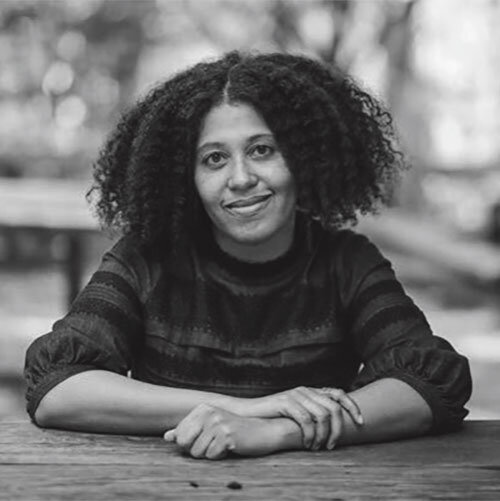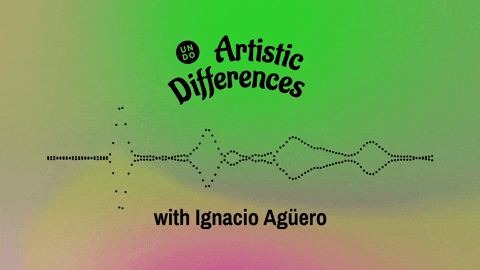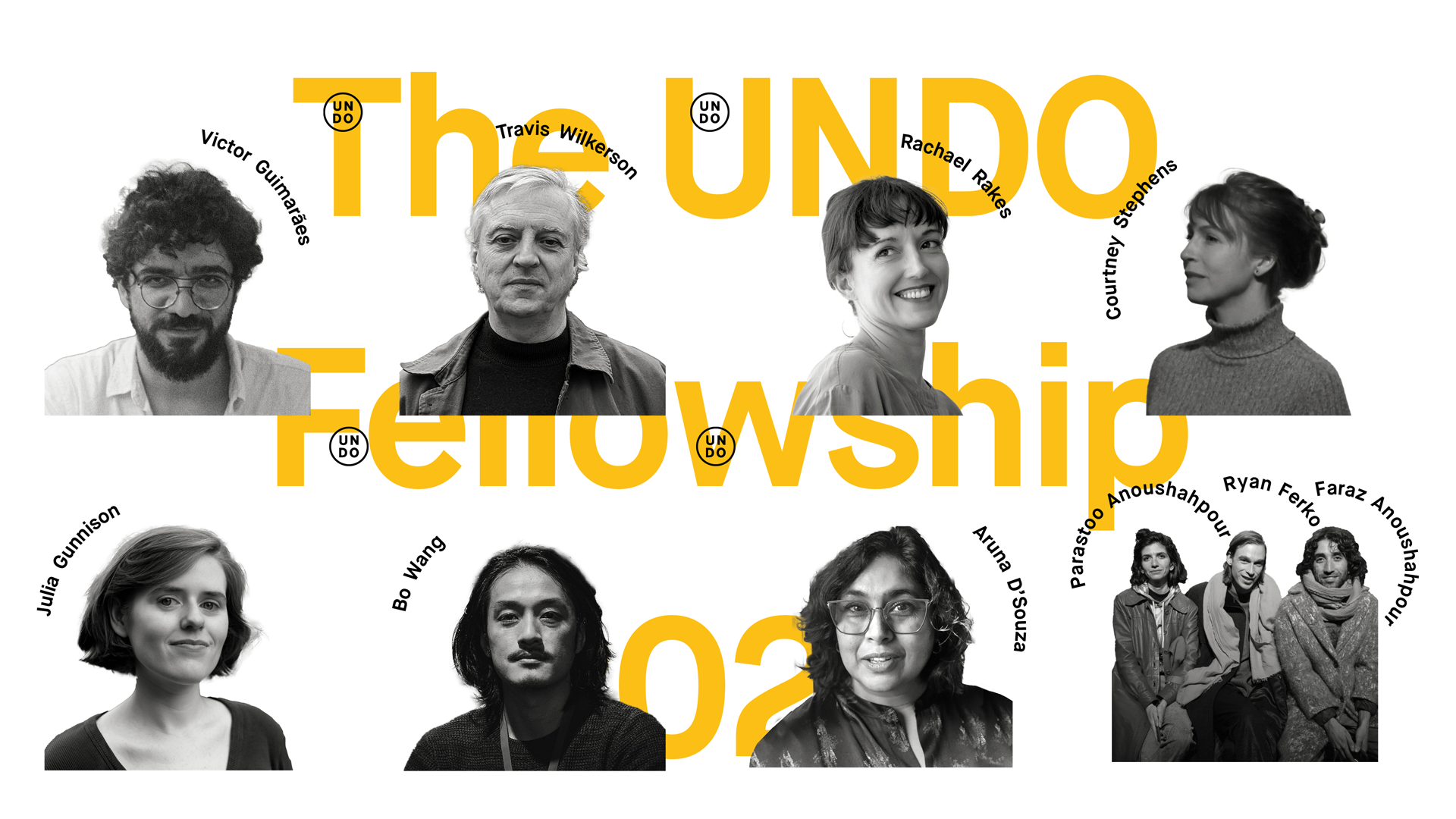CARCERAL SCREENS
AND THE
ABOLITIONIST
IMAGINATION
CARCERAL SCREENS AND THE ABOLITIONIST IMAGINATION
Cop shows, prison films, and true crime docs have a long history of glorifying the criminal justice system, naturalizing its inherent violence, and narrowing the imaginative possibilities for abolition.
In a new iteration of our Collaborative Studio, co-designed with esteemed experimental filmmaker Christopher Harris, we invite a collective to examine, contextualize and dismantle scripts of the carceral state from the archives of popular culture.
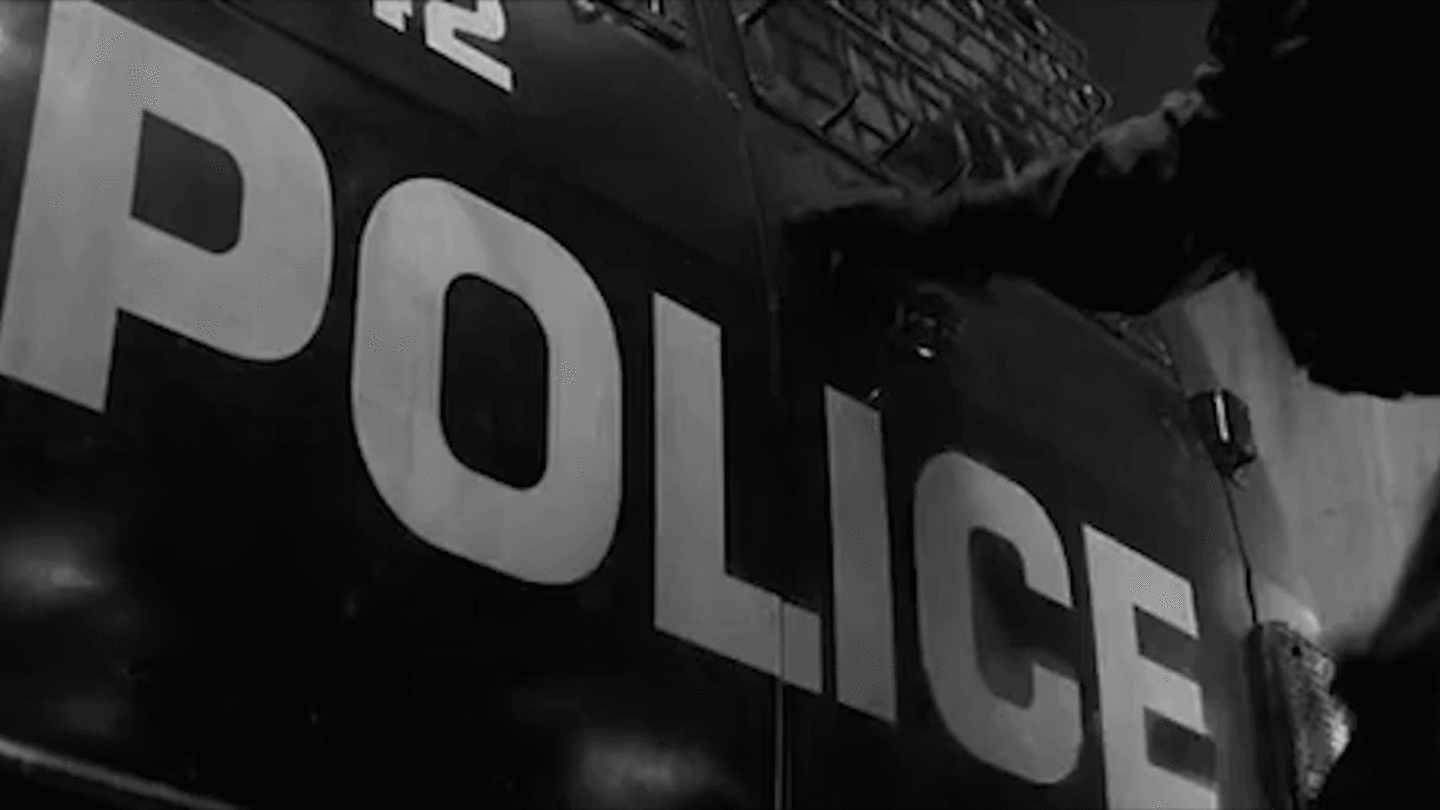
The system of carceral power is industrial, privatized, financialized, and also deeply narrative; and the drama of criminal justice is big business. Prominent film critic and blogger Girish Shambu (https://girishshambu.net/) describes “all the ideological work done by the *thousands* of hours of TV/movies we’ve watched in the crime/police procedural genres that center cops (especially male), make them identificational figures for the audience, render them “complex/troubled/stressed” (thus endlessly extracting our sympathy), fetishize their individualism (thus discrediting systems of checks and balances that work to maintain accountability), manipulatively make the case for vigilantism, and *over-represent* them in our moving-image lives.
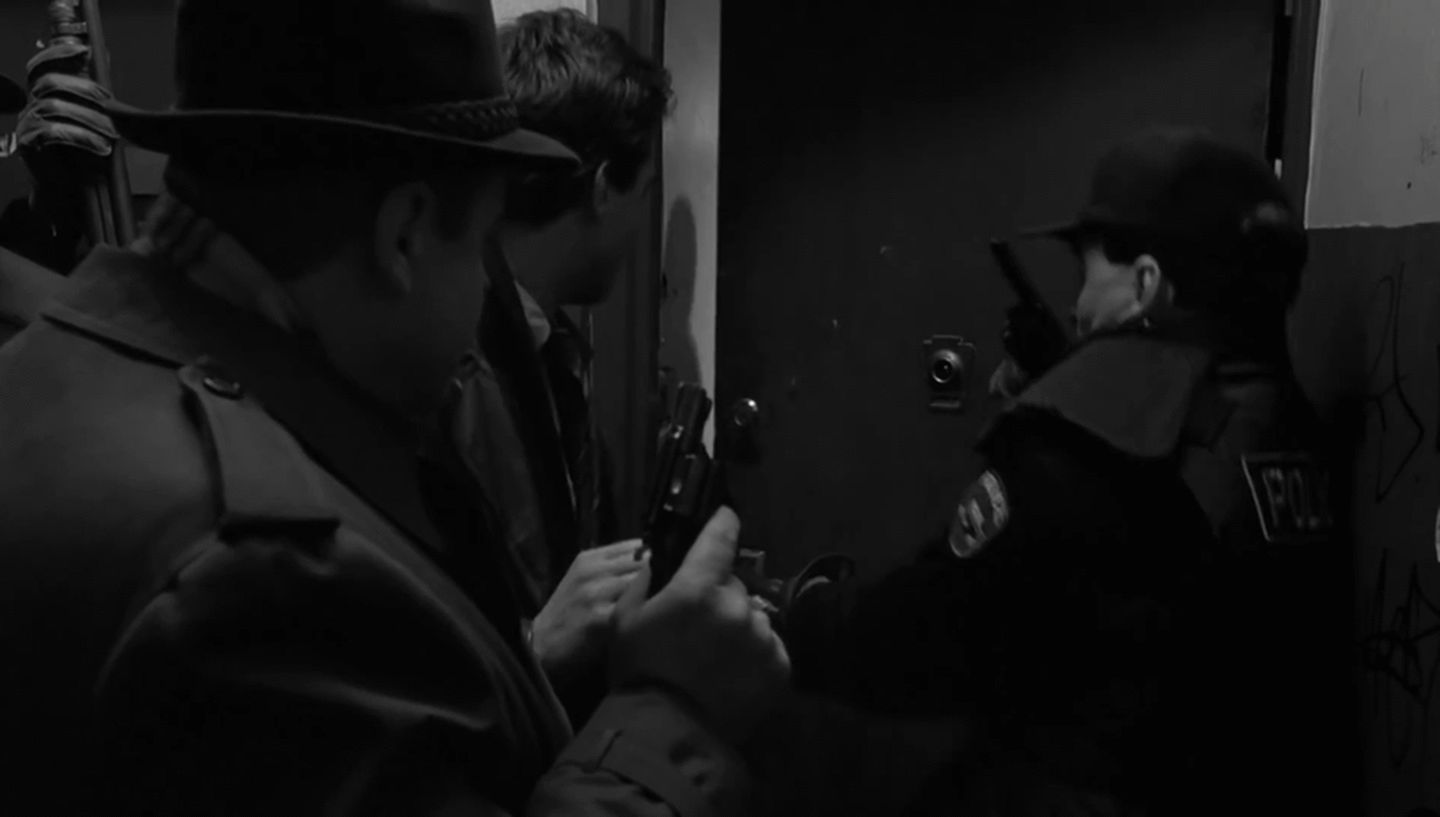
All those late-night “escapist viewing” episodes of Law & Order were always doing some serious socialization work….” For many people of privilege, especially white people of privilege, these scripts may form their primary understanding of policing and their only vehicle to experience the operation of the prison-industrial complex close up.
With this issue at focus, UnionDocs will bring together a talented group of passionate and motivated people to collect and organize examples of cinematic and televisual moving images that exemplify the fantasy of the prison-industrial complex. They will work to expose their falsehood and oppressive power through short critical video essays, supercuts, mash-ups and interview segments, and to repurpose and remix these examples into “counter-narratives” that hope to lend imagination and amplification to the abolitionist movement.
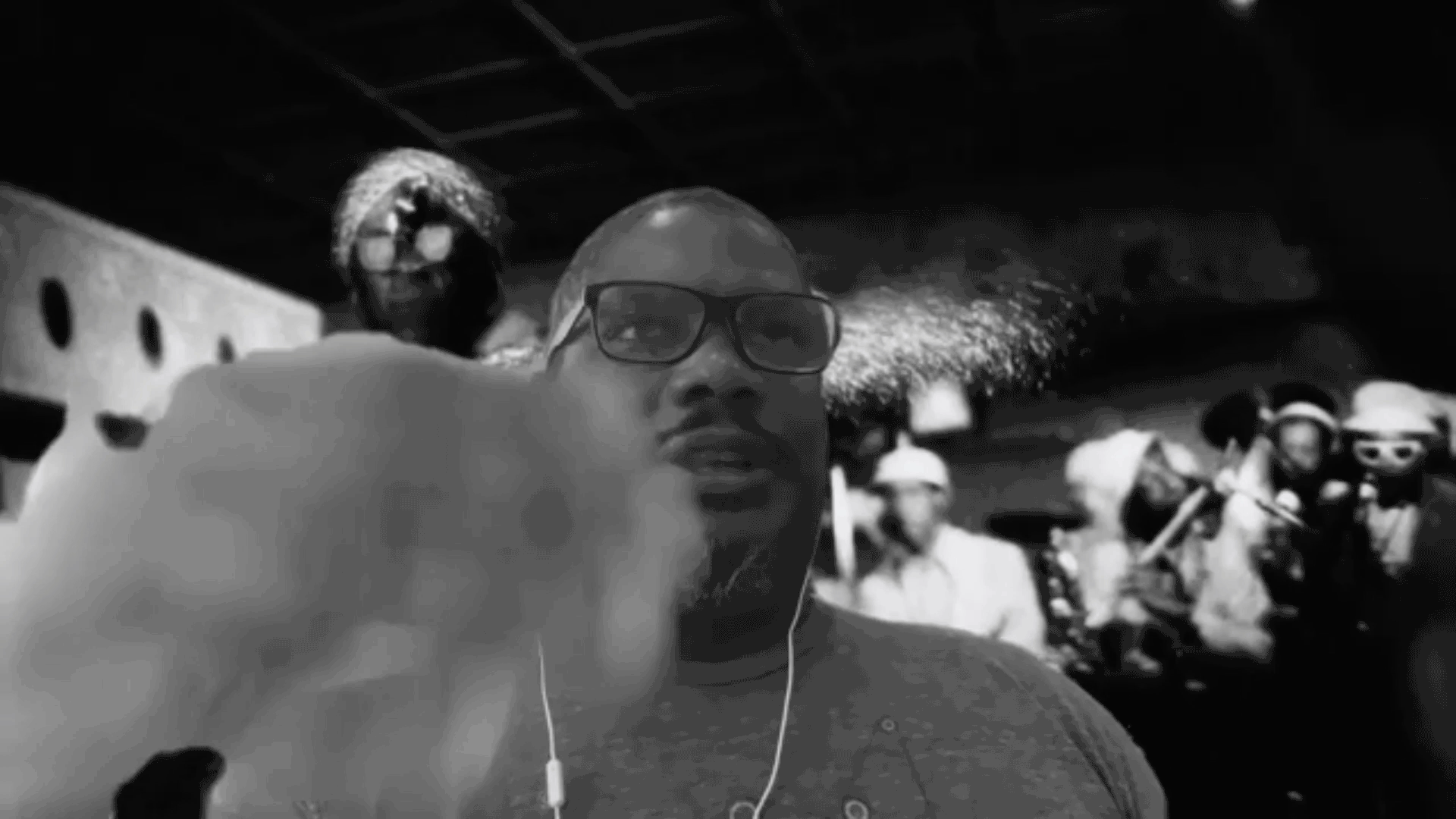
CHRISTOPHER HARRIS
ARTIST LEAD
Christopher Harris makes speculative documentaries of the unreal. His award-winning 16mm films employ formal and material imprecisions, erasures, disjunctions, breakdowns and gaps that disturb realist aesthetics and unmake the rationalized time, circumscribed spaces and policed movements of racial capitalism. His films create Black motion(s) and occupy Black time(s) and Black space(s).
His work has screened at the Locarno Film Festival, the International Film Festival Rotterdam, the Whitney Museum of American Art, Arsenal Berlin, and many other festivals and venues. He is the 2020-2021 Radcliffe-Film Study Center Fellow/David and Roberta Logie Fellow at Harvard University’s Radcliffe Institute for Advanced Study and a 2015 Creative Capital grant awardee. Writing about his work has appeared in numerous books and periodicals including Film Comment, BOMB Magazine and Film Quarterly.
This is the third iteration of an ongoing experiment in a shorter, more concentrated and online Collaborative Studio (read more about CoLAB here). It still brings together a talented group of emerging artists, but this time to engage in a process of research and collective production with a goal not so much to tell a story claimed by a single community or individual, but instead to dismantle a narrative insidious within contemporary society through its constant repetition.
We’re inviting influential, and radical thinkers on abolition, alongside inspirational artists practicing in this mode to lend their voice and expertise to inform and ground this effort of shared research. With generous artistic leadership provided by Harris, a co-creative, collective mode of authorship will take on this expansive topic. Individuals and small groups will produce short segments that will combine into a series of incisive video essays researched, scripted, and produced together.
At this moment, after last summer’s remarkable energy in uprising and the unprecedented sense of solidarity, when the discourse of abolition has entered the mainstream, we feel the need to carry on the momentum and focus, to avoid things simply returning to normal, to keep urgency in collective action. There is a need to not only show how we got here, but also to inhabit the present, recognizing the opportunities available now.
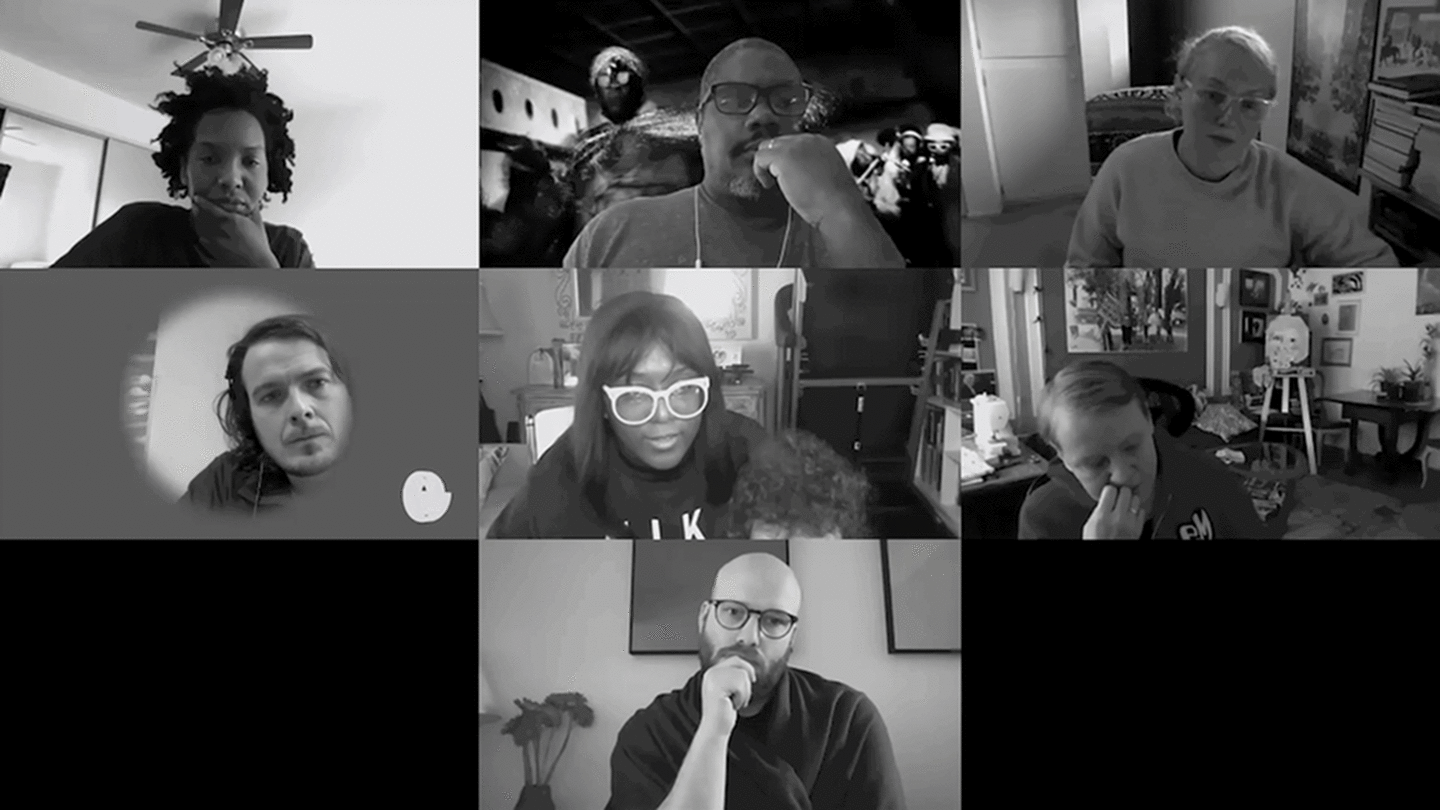
Individuals and small teams will link up to produce segments, create imagery, conduct interviews and plan interstitials that will contribute to four collective “shows” to be released online for free. This will be a serialized exploration of our themes, co-produced by the group with UnionDocs. In addition to selecting the guest artist and writers, Harris will provide artistic direction toward three primary topics of research: Policing, Prisons, and Abolition.
Visiting writers and artists will offer their expertise to help elaborate and lend their voice to ground each of these focal topics in interviews led by the team. The thought is to document participants and guests throughout the collective production and to extend the unique experience to others interested in engaging in the learning process as well as the findings. The entire process will be featured in the final outcome alongside the media work and segments produced by the group.Confirmed guests includeTravis Wilkerson, Salomé Skvirsky, Heath Schultz, Simon Balto, Jackie Wang, Chris Kennedy, Orisanmi Burton and Affonso Uchôa with more confirmations to come!
CARCERAL SCREENS
COLLABORATIVE STUDIO

AJ WILLIAMS
AJ Williams is an Afro-Indigenous Black trans and genderqueer person based in Durham, North Carolina. He’s an artist, organizer and emerging filmmaker.
His film work includes; NuMas(k)ulinities, An immersive exploration of post-patriarchal mas(k)ulinity in our lifetime filmed with Joie Lou Shakur, Quiet As It’s Kept: The Secret Lives of LGBTQ Elders for SAGE USA, and He Should Still Be Here; Justice for DeAndre Ballard, a investigative piece on the murder of an NCCU student by an off-campus security guard. He is currently working on an audio and film project called Sonic Trip Thru the Slip, a personal immersive piece on Black mental health during the pandemic. His other local organizing work includes Durham Beyond Policing Coalition, Southerners on New Ground’s (SONG) Black Mama’s Bail Out campaign, and the Durham chapter of BYP100 where he was Durham Chapter Co-Chair in 2019.
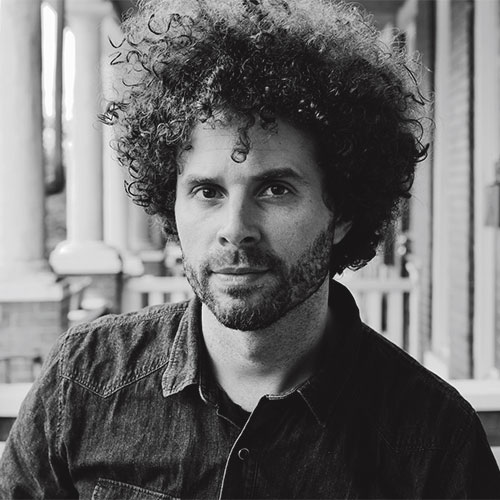
ANDREA CONTE
Andrea Conte is a writer, researcher, and filmmaker. His work deconstructs intersections between politics and state violence and has been previously published by CBC Television, CBC Radio, TV Ontario, The Washington Post, and several museum installations. He is a fellow of Docs In Progress (Washington DC), the Saul Zaentz Innovation Fund (Baltimore), the Hot Docs Accelerator Program (Toronto). His upcoming debut feature-length film examines freedom of speech through archives of broadcast and print media created and produced by those who are imprisoned.
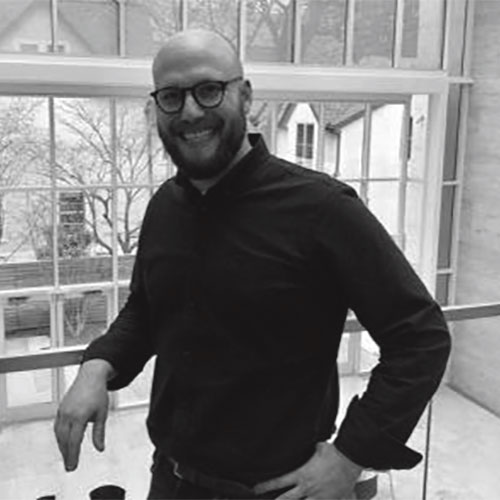
BEN MENDELSOHN
Ben Mendelsohn is a researcher and filmmaker focusing on the intersections of documentary media, environment, and urbanism. He is currently an Assistant Professor of Film and Digital Culture at Portland State University. Previously, he was a postdoctoral fellow with the Penn Program in Environmental Humanities (PPEH) in Philadelphia. His writing has appeared in Comparative Studies of South Asia, Africa, and the Middle East; The Brooklyn Rail; and Public Books. His most recent film, As If Sand Were Stone..., has screened at the Rockaway Film Festival, Northwestern's Block Museum, and Philadelphia's Vox Populi Gallery.
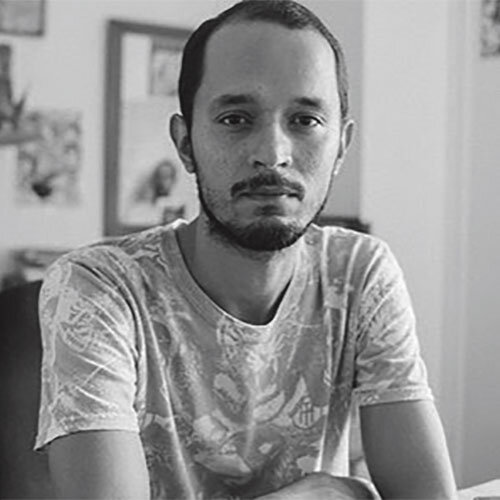
CARLOS TOBON FRANCO
Carlos Tobon Franco is a multimedia artist and social researcher from Medellin, Colombia. He has an undergrad degree in Social Anthropology from Universidad de Antioquia and an MFA in Photography and Related Media from Rochester Institute of Technology. Over the last eight years, he has worked within documentary arts, social research, and anthropology. Using ethnographic, non-fiction, and experimental practices, Carlos has approached the Latin American diaspora through Central America to the United States, Latinx communities in US cities, and the US-Mexico borderlands. In his home country, he has been granted by the Ministry of Culture and the Institute for Culture and Heritage of Antioquia to create multimedia projects about identities, diversity, and the landscape. Carlos' multimedia MFA thesis project "Cruces" was part of the Latin American and Mexican Congress of Anthropology 2020 and 2021. Currently, he lives in Austin, TX, where he's a PhD student in Sociocultural Anthropology at The University of Texas at Austin.
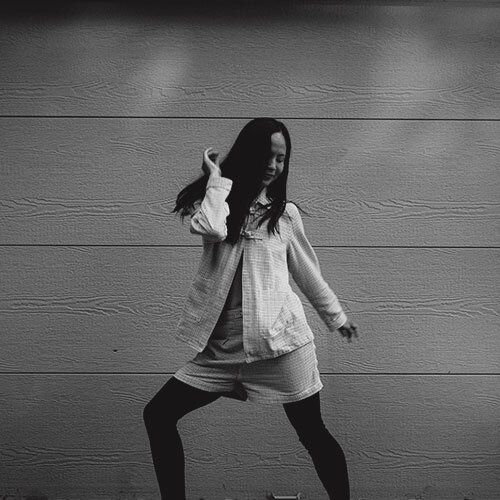
DANIELLE CHU
Danielle Chu works on documentaries and currently lives in the woods of Maine. It might be easiest to know her through the things that she wants and can’t have: cats, cheese, and an end to capitalism.

JESSICA BAL
Jessica Bal is a documentary artist, educator, and arts organizer passionate about projects that involve cross-disciplinary collaboration, thoughtful community engagement, and reciprocal approaches to storytelling. Jessica’s work has been supported by the International Women’s Media Foundation, Magnum Foundation, The Polis Project, and Fledgling Fund, and published in The New York Times, BuzzFeed News, VICE, The Miami Herald, Narratively, and others. She coordinates education programming for Photoville and has taught photography to graduate students as well as middle and high school students in New York City. She also manages the digital archive of photographer Susan Meiselas. Jessica received her master's degree from the Craig Newmark Graduate School of Journalism and holds a B.A. in English and Art History from Tufts University. She is currently based in Brooklyn, New York.

LIBERTAD GILLS
Libertad Gills is a filmmaker, writer, researcher, and teacher. She holds a B.A. in Film Studies from Wesleyan University and a M.A. in Visual Anthropology from FLACSO-Ecuador. She has been published in film magazines and journals including Senses of Cinema, Short Film Studies, Desistfilm, La Furia Umana, and Fuera de Campo. Her most recent films have shown in Cámara Lúcida, Transcinema, UltraCinema MX, and FICWALLMAPU where she received an award. She is a film professor at the University for the Arts in Ecuador and is currently working towards her Ph.D. at the Universidad Autónoma de Madrid.
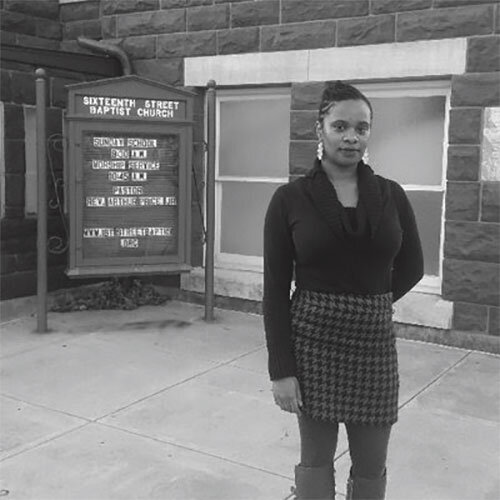
LISA COVINGTON
Lisa Covington, M.A. is alumni of San Diego State University and is a PhD Candidate at The University of Iowa studying Sociology of Education, Digital Humanities and African American Studies. Her dissertation work “Mediating Black Girlhood: A Multi-level Comparative Analysis of Narrative Feature Films” identifies mechanisms in which media operates as an institution, (mis)informing individual and social ontological knowledge. Lisa’s research traces the lineage of Black girls in film from the inception of film to the present and includes critical discourse analysis of select films, characters and storylines.
In 2020, Lisa received the Rev. Dr. Martin Luther King, Jr. Award from the Iowa Department of Human Rights. She is the Director of the Ethnic Studies Leadership Academy in Iowa City, an educational leadership program for Black youth to learn African American advocacy through incorporating digital humanities, social sciences and the arts.
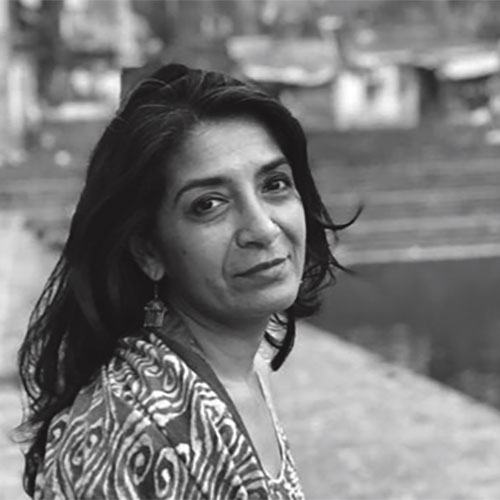
NANDINI SIKAND
Imprinted in New Delhi, Nandini Sikand parents two middle-school social justice warriors and one squirrel-chasing canine. In her spare time, she works as a professor, filmmaker, dancer-choreographer and writer. She has published articles on cinema, performance, a book on Odissi dance, and made experimental and documentary films about the prison industrial complex, immigration, nationalism, sex work, breast cancer, and counter-culture music. Her current obsessions include two book projects, both fueled by simmering rage – one is a book about race, criminality and visual culture and the other about the travails of parenting while brown in Pennsylvania.
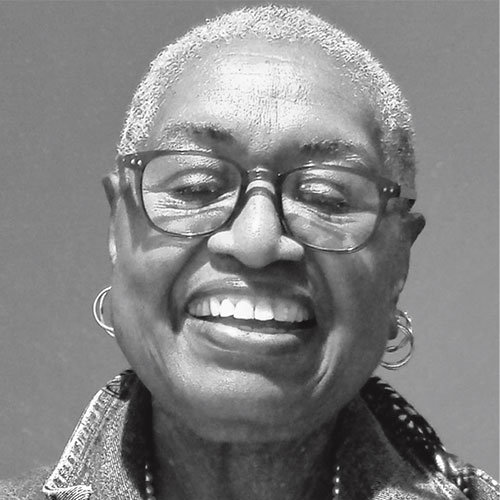
O. FUNMILAYO MAKARAH
O.Funmilayo Makarah is an award-winning filmmaker, installation artist, curator, media activist and educator from Los Angeles. She uses experimental and documentary conventions to intertwine social, political, and economic concerns with issues of history, gender, race, and identity. She is the founder and Executive Director of Prince George’s Heritage Film Festival and a member of the acclaimed LA Rebellion filmmaking movement.

SCOTT LIMBACHER
Scott Limbacher is a non-fiction film producer, archival researcher, and abolitionist organizer. He recently served as an associate producer on the feature documentaries The Hottest August (2019) and Bulletproof (2020) for Walking Productions. Scott is currently based in Brooklyn, on unceded Lenape land, where he has lived for about a decade.
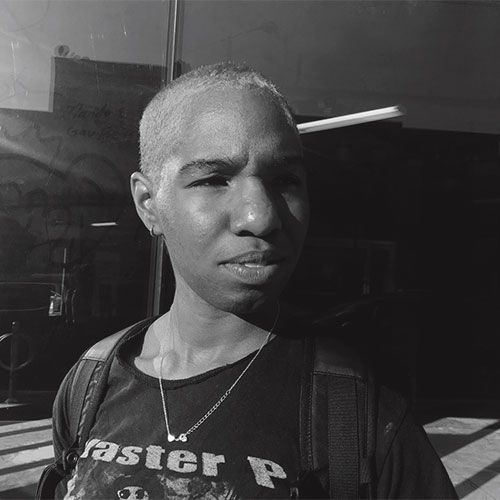
SAEEDAH COOK
Saeedah Cook is a Brooklyn-based filmmaker who works across commercial, doc, and experimental filmmaking modes.
Their filmmaking practice centers on exploring the black radical tradition. Saeedah is an alum of Columbia College Chicago Cinema Producing (MFA).
